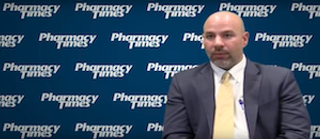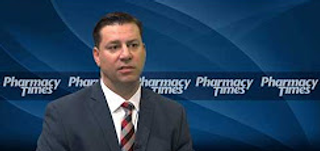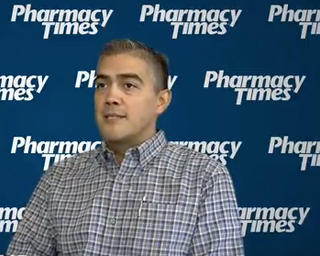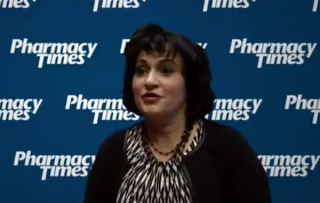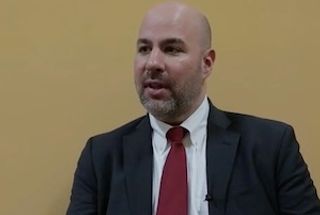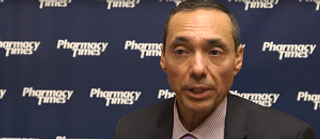
503B Compounding Pharmacy
Latest News
Latest Videos

CME Content
More News

When approaching a plan for handling hazardous drugs, leaders of each organization need to be proactive in complying with USP regulations.

In this clip, Jennifer Bruckart, CPhT, Director of Operations and Compliance at WeCare Pharmacy, discusses how community pharmacists can prepare for the new USP 800 regulations.
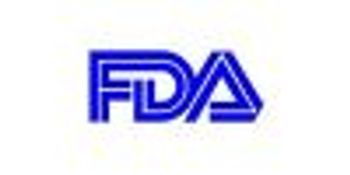
According to an "FDA in Brief" report, officials with the FDA received an adverse event report on August 14, 2017, from a physician concerning a patient who was diagnosed postoperatively with bilateral hemorrhagic occlusive retinal vasculitis (HORV).
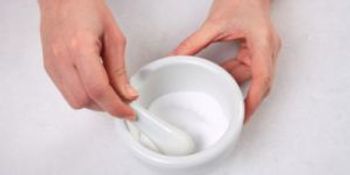
The Drug Quality and Security Act (DQSA) provides a framework for working with outsourcing facilities to meet federal regulatory standards.

The chapter, effective July 1, 2018, includes the entire drug handling process, from receipt to the proper disposal of both sterile and nonsterile products:
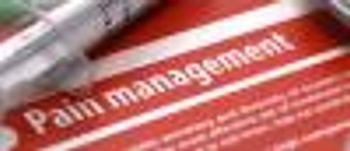
In this video from PainWeek 2017, Hal Blatman, MD, medical director of Blatman Health and Wellness Center, discusses how compounding pharmacists can help patients with chronic pain.

In the evolving world of pharmacy practice, many are asking what is included in the key provisions of the United States Pharmacopeial Convention (USP) 800 when it comes to transport, storage, preparation, and compounding.

Top news of the day from across the health care landscape.

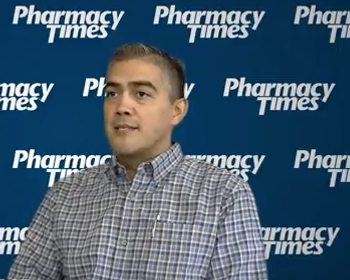
Mark Jordan, PharmD, who is director of pharmacy at Yuma Regional Medical Center discusses the importance of automation.

Clindamycin injection in saline will use Baxter’s GALAXY container technology, a non-PVC and non-DEHP system that enables premixed medicines to have a longer shelf life when stored at room temperature.

ASHP today announced the launch of ASHP Consulting, a new healthcare consulting service providing expert advice on a wide variety of pharmacy practices.

Exponential technology, which refers to technology that is doubling in power and speed each year despite a continuous drop in price.

The FDA has created a new proposed rule that adds 6 bulk drug substances to an existing list of substances that can be used in compounding. It has also proposed the removal of 4 other bulk drug substances from the list.

Often-missed requirements for the community pharmacy manager
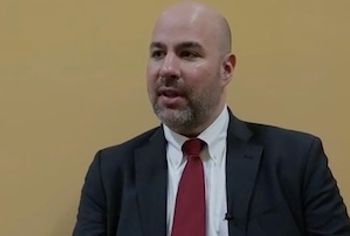
Timesaving is key, as pharmacists are routinely being asked to do more with less in the hospital setting.
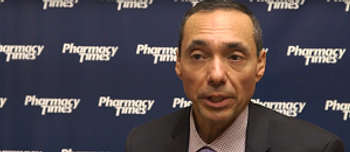
Ready-to-use products don't involve human contact, giving them an advantage over other options in terms of safety and efficiency

Health-system pharmacies can regulate cost-effective and efficient operations for parenteral nutrition compounding practices. Laura Mark, MS, PharmD, FASHP, led a tech talk at the Baxter Booth at the ASHP Midyear Clinical Meeting to discuss parenteral nutrition compounding practices.

Mark Barricklow, RPh, discusses the challenges associated with centralized compounding parenteral nutrition.

​Fred Massoomi, PharmD, discusses compounding options.

A high throughput robot, Equashield Pro will be introduced in December at American Society of Health System Pharmacy (ASHP) Midyear Meeting in Las Vegas.

The pharmacy technician profession is continuously evolving, with increases in medication safety standards bringing about changes in technician requirements.
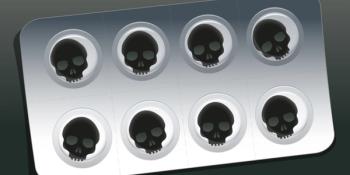
The FDA has issued draft guidance for compounders outlining insanitary conditions that put patients at risk for harm.

Hazardous drug contamination is an issue of vital importance for specialty pharmacists.

Two compounding pharmacists from Alabama will spend a year in prison for distributing tainted drugs.





